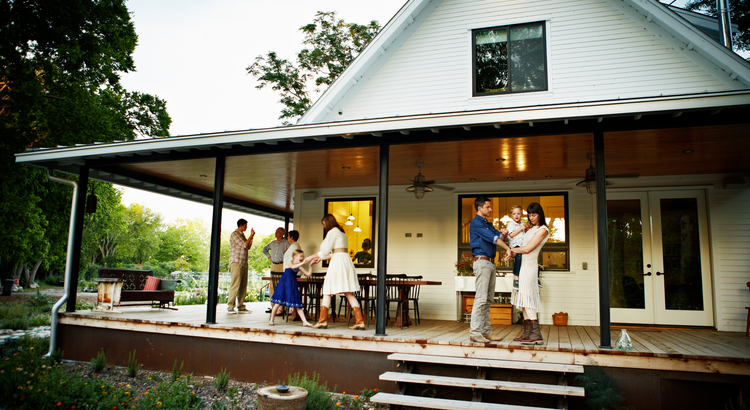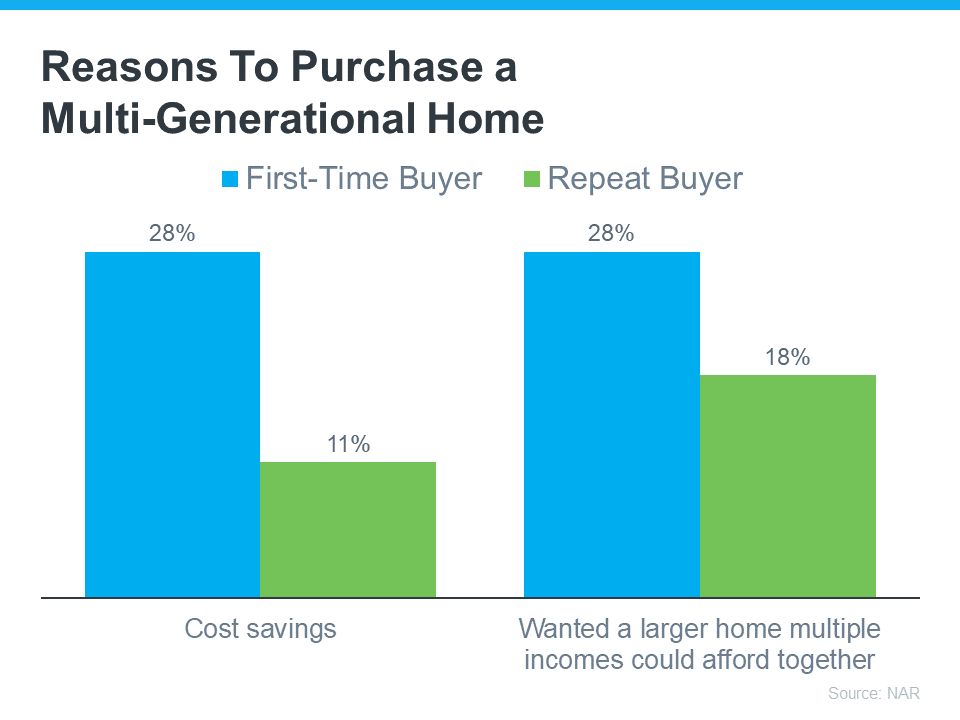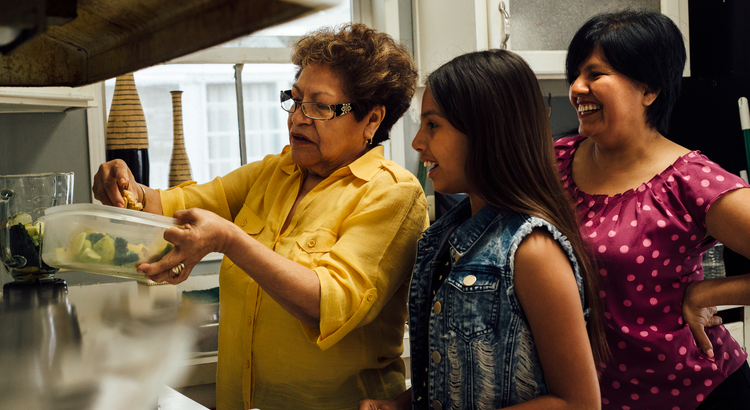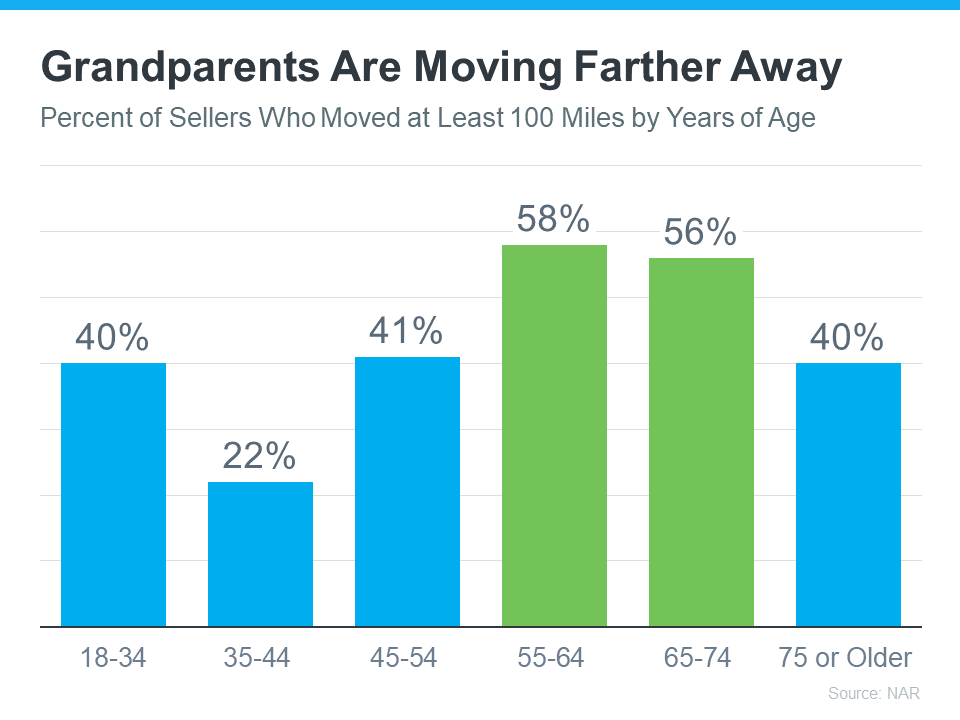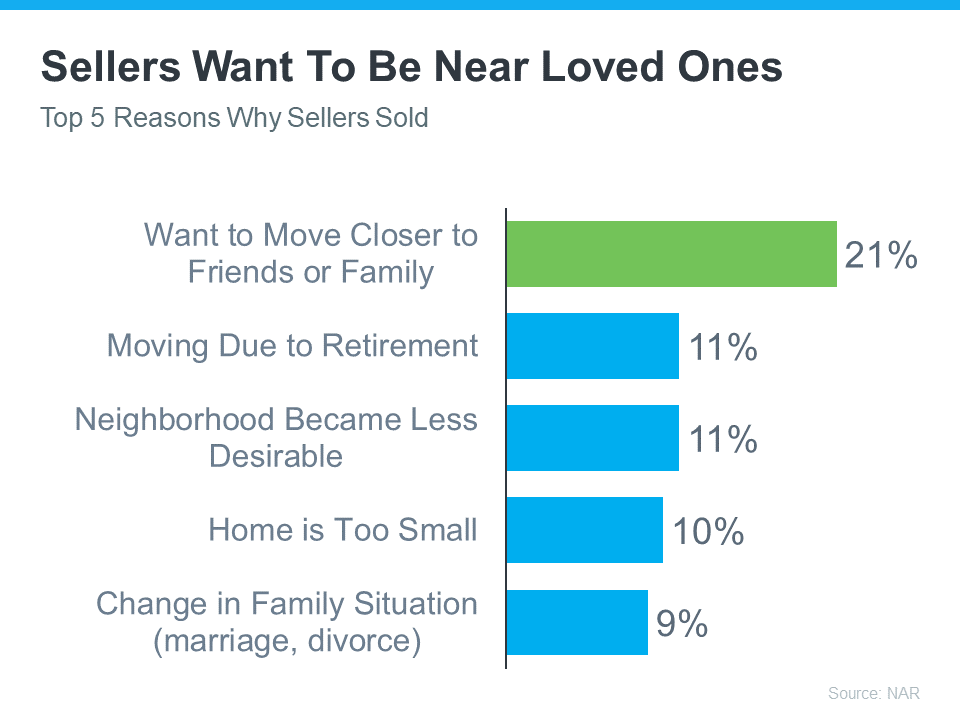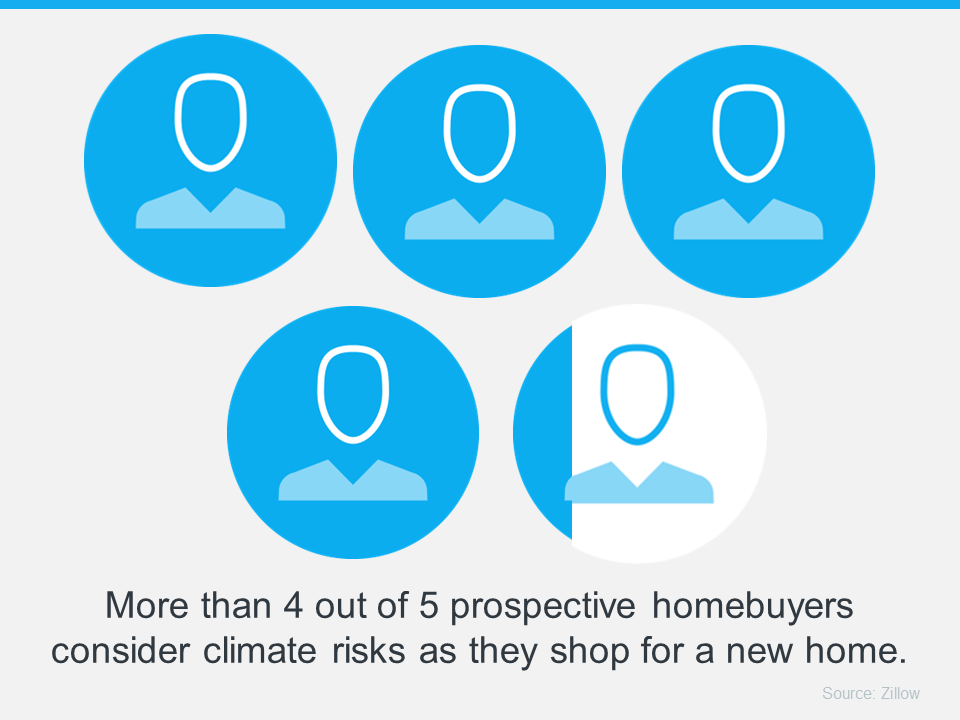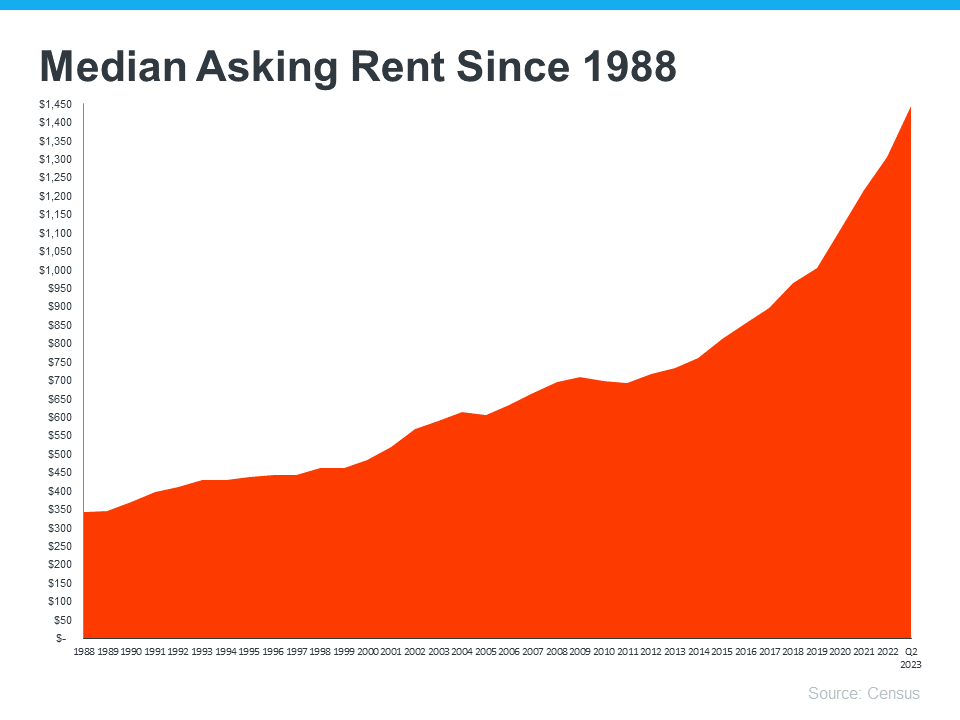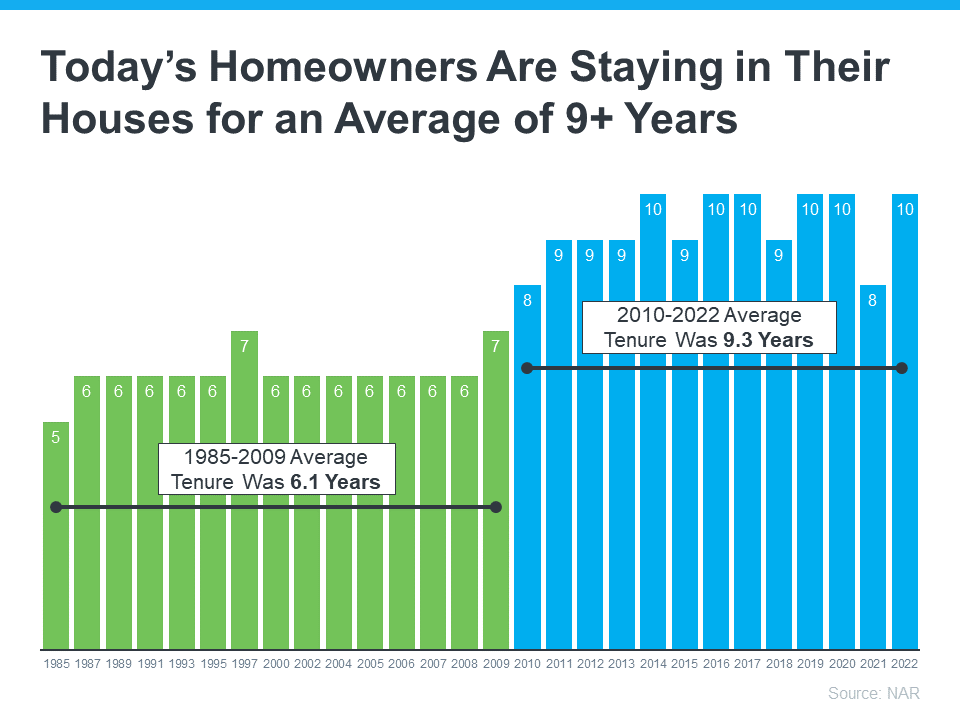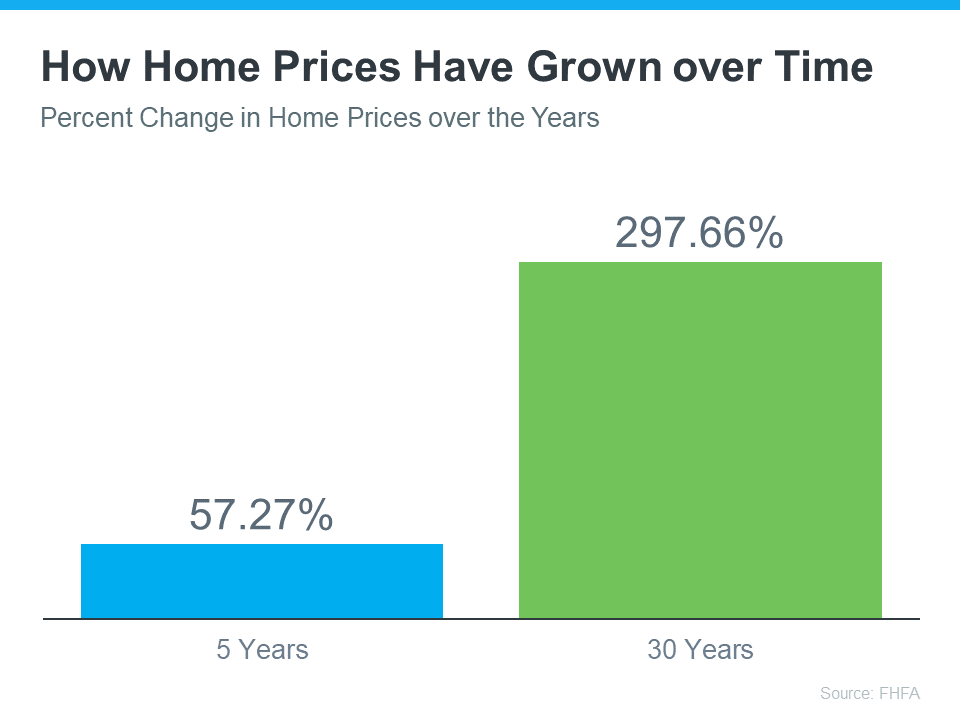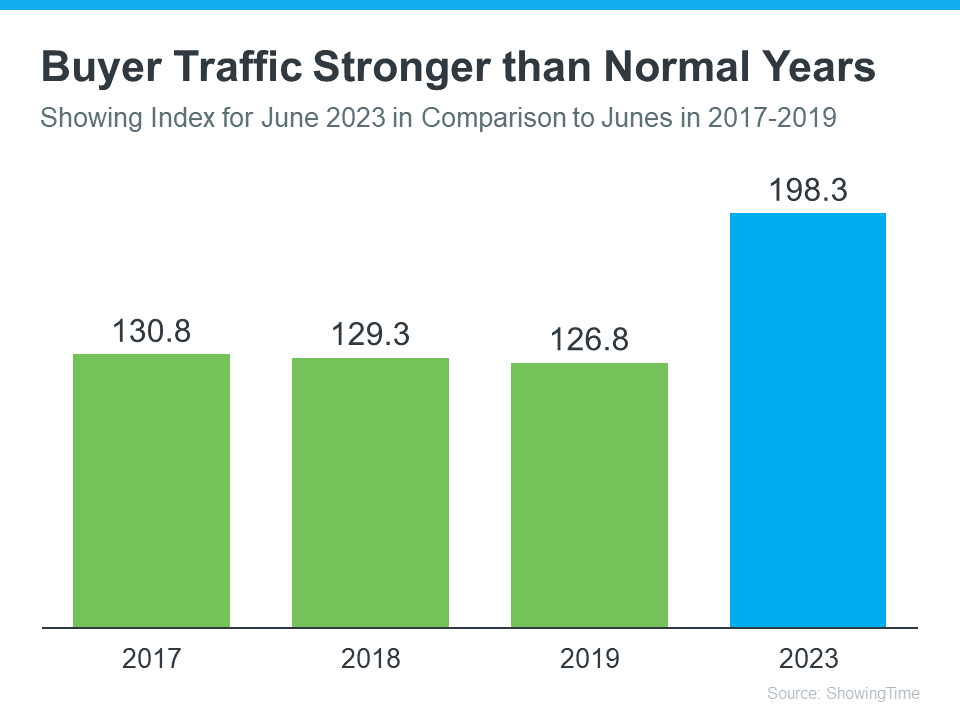
The idea of owning a home has always been a big part of the American Dream. It’s a symbol of stability, independence, and having a place to truly call your own. But for Gen Z, the “Zoomers” born between 1997 and 2012, making that dream a reality can feel like quite the challenge today with higher mortgage rates and rising home prices.
But achieving that goal of owning your first home can still be attainable, even today, with some strategic planning and resourcefulness.
Explore Financing and Down Payment Assistance Options
With prices rising all around you, it can be hard to save up for a home. If you’ve been struggling to stash away enough cash for that down payment, it’s worth it to look into the various down payment assistance programs available. These programs can really help you save big on the upfront costs of buying a home.
There are a lot more options out there than you may realize. According to Down Payment Resource, there are over 2,000 programs designed to help hopeful homebuyers with down payments and closing costs.
If you qualify for one of these programs, you may not need to save up as much money for your down payment. A local real estate agent can help you explore these programs in your area, making it much easier to turn your homeownership dream into a reality.
Consider Living with Relatives To Save
If you still need a bit more time to save, even with the down payment assistance programs out there, there are ways you can make that happen. Many savvy Zoomers have made a strategic choice to live with relatives so they can get to their savings goals even faster.
According to the National Association of Realtors (NAR), around 30% of Gen Z homebuyers transition directly from their relative’s home to a home of their own.
By sharing living costs, such as mortgage payments, utility bills, and even grocery expenses, you can substantially reduce your monthly expenses. This frees up more of your income to tackle any outstanding debt, boost your credit score, and reach your down payment target in less time. And, all of this can bring homeownership one step closer to becoming a reality. Clare Trapasso, Executive News Editor at Realtor.com, explains:
“Faced with ongoing housing affordability issues . . . we’re seeing parents and children becoming roommates again in later years as the ‘kids’ save up to purchase their own place . . .”
The Road to Homeownership
When you’re on the path to becoming a homeowner, it’s a good idea to get some help along the way. And one of your best resources on this journey as a young homebuyer is a trusted real estate agent. They’ll steer you through the process of buying a home and help you find one you can afford.
Bottom Line
For Gen Z, the path to homeownership may not be straightforward, but it’s still within reach. With the right strategies, you can turn your dream of owning a home into a reality.


